Intellectual Property Rights and NFT Credentials
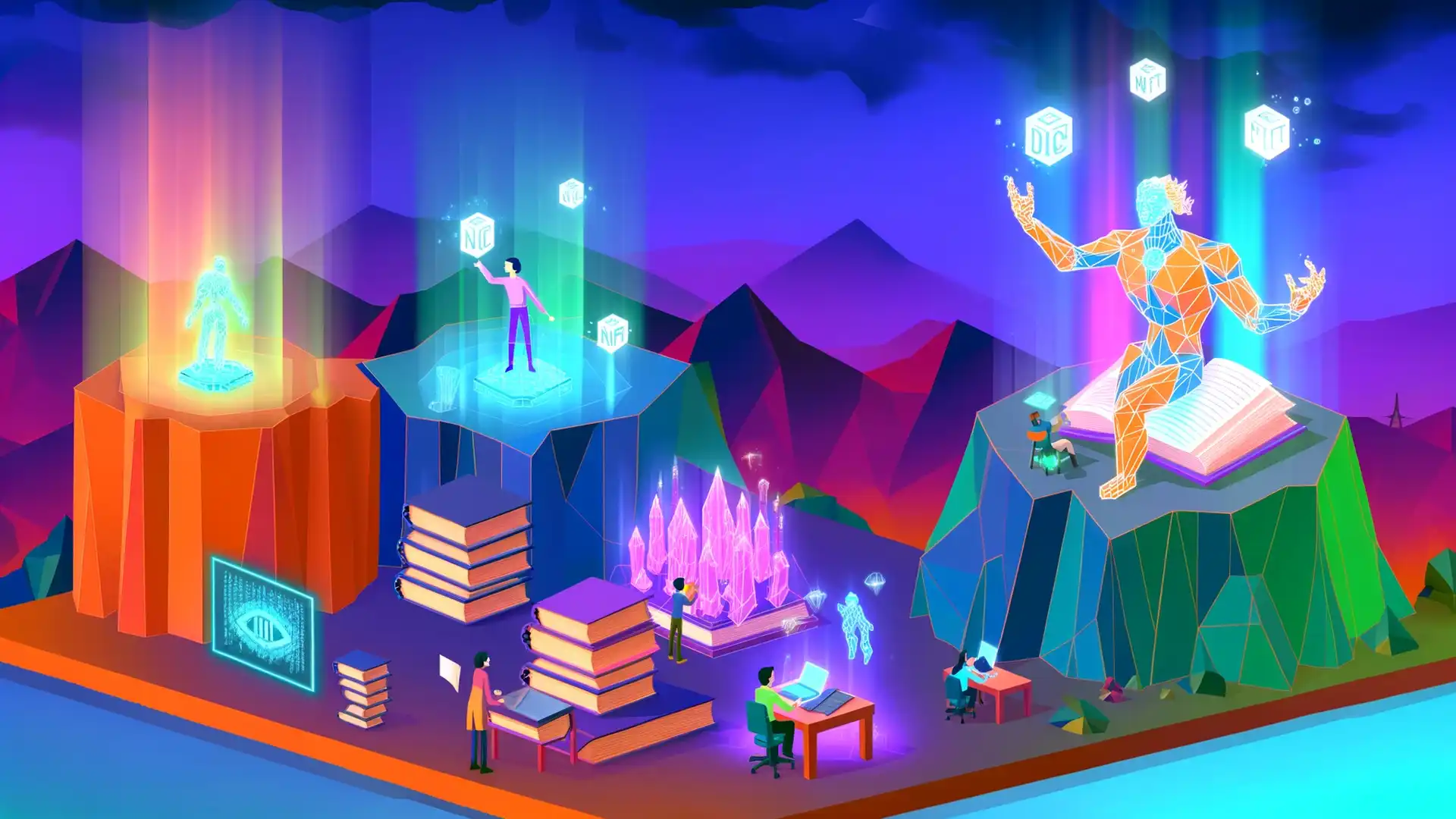
 Author:
Artem Grigoriev
Author:
Artem Grigoriev
Navigating Legal Landscapes: Intellectual Property Rights in the NFT Ecosystem
In an era where digital innovation constantly redefines what's possible, the field of intellectual property (IP) law faces new challenges and opportunities. These are sparked by the emergence of non-fungible tokens (NFTs). This chapter delves into the interaction between IP rights and NFTs . It offers essential insights on how these digital tokens are reshaping long-established legal frameworks . These frameworks have traditionally protected creative works. The transformation in IP law brought about by NFTs is explored in detail in Understanding IP Law in the Digital Age .
📘 This article complements: "The Complete Guide to NFT Credentials". Explore it to find answers to all your questions;)
NFTs are positioned at the convergence of art, technology, and law. They introduce a novel method for proving ownership and facilitating the transfer of rights. These rights may pertain to both digital and occasionally physical assets. Fundamentally, an NFT acts as a digital certificate. It verifies ownership of items such as artwork, music, and videos. It might even extend to tangible items. They present complex legal challenges, particularly in terms of copyright, trademark, and patent laws. These laws were not originally conceived to accommodate blockchain technology or digital tokens. A comprehensive discussion is available in the Harvard Law Review . It addresses how blockchain is redefining traditional norms of IP law and proposes updates to adapt to digital advancements.
Copyright law intricacies with respect to NFTs introduce specific challenges. Traditionally, copyright laws aimed to manage the replication and distribution of works. NFTs alter this dynamic. They enable a work to be uniquely owned yet still allow limitless digital replication. This introduces complex dilemmas concerning true ownership and control in the digital realm.
Trademark challenges also emerge. NFTs feature well-known brand names or logos. This could potentially lead to disputes over brand identity and use in online marketplaces. Expert commentary underscores the urgency for evolving legal standards. These need to adeptly handle these novel digital contexts.
💡 Note: Copyright law traditionally governs the rights to copy, distribute, and display a work. NFTs disrupt this by creating a permanent, blockchain-based record of ownership. They also allow the digital work to be freely shared online. This major shift is examined in various scholarly articles. They point to the need for a revised legal framework that effectively addresses these emerging challenges.
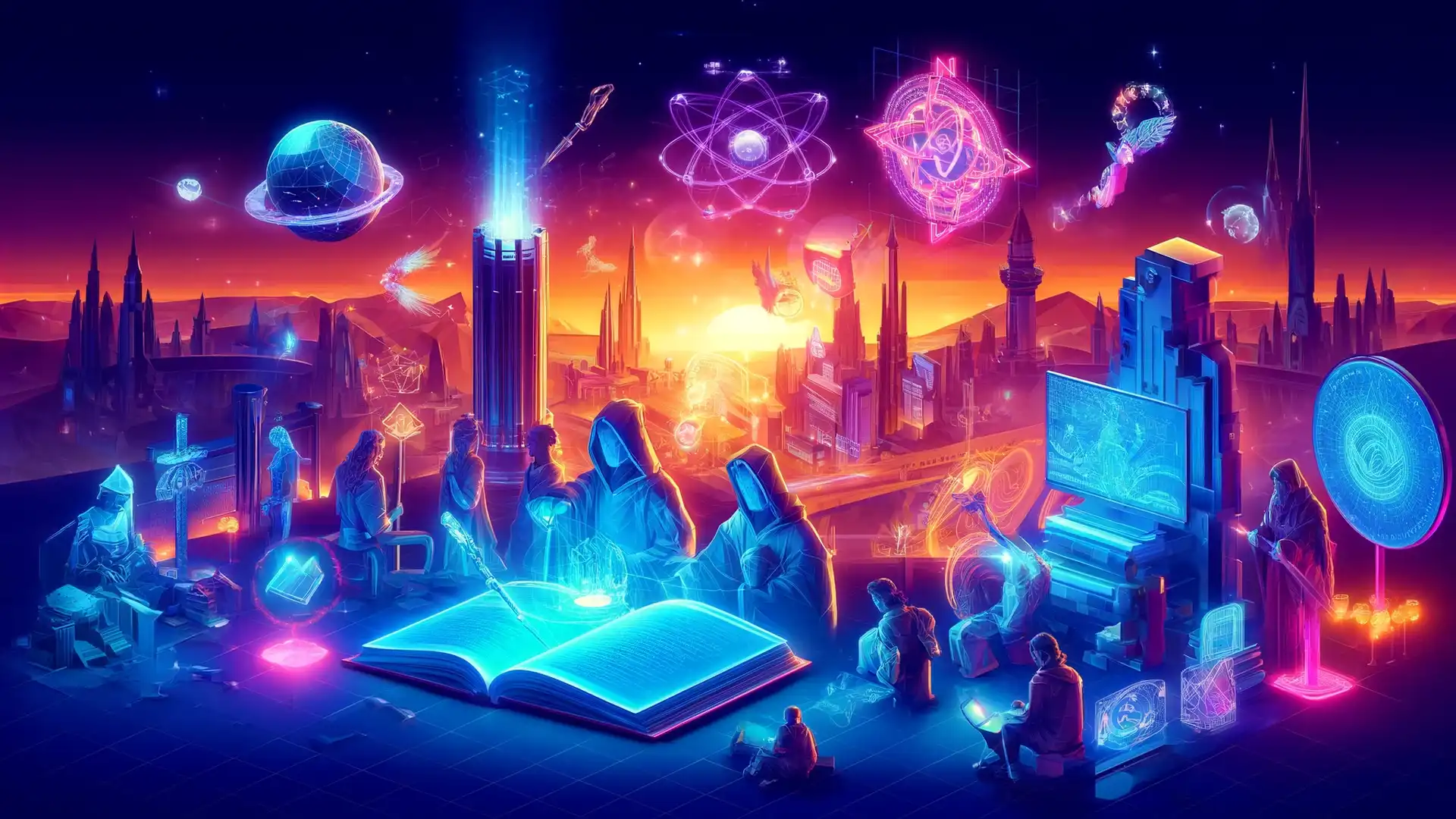
Regarding patents, this chapter examines whether blockchain technology could qualify for patents. It assesses criteria such as novelty, non-obviousness, and utility. It also explores how these standards apply to the decentralized technologies underlying NFTs. Moreover, the chapter underscores licensing agreements and royalties . These are innovative methods of income generation for creators. Licensing arrangements for NFTs enable artists to maintain control over their works. They profit each time the NFT is transferred. Insights from recent legal cases and studies are provided. They evaluate how traditional patent laws are applied to blockchain innovations.
The enforcement of smart contracts introduces an additional layer of complexity. These contracts automatically execute agreed-upon terms. They are integral to many NFT transactions. However, their legal status remains uncertain, particularly in disputes. The chapter addresses the practical aspects of enforcing these digital agreements. These aspects are especially relevant across various international jurisdictions. They could significantly influence the regulation of NFT transactions worldwide. Insights from international law experts help clarify how the enforcement of smart contracts varies from one country to another.
The final section of the chapter offers strategic advice on managing cross-border intellectual property rights within the NFT marketplace. Given the international reach of NFTs, understanding how different legal systems interact in the digital domain is crucial. This global perspective is vital for safeguarding IP rights in a world where digital assets like NFTs transcend traditional legal boundaries.
This exploration of the NFT and IP nexus unveils a legal landscape that is both intricate and exhilarating. It opens new pathways for innovation. It also necessitates careful navigation of its complexities. The legal discourse surrounding NFTs is rapidly evolving. It underscores the importance of ongoing education and the need to adapt IP laws to keep pace with technological progress.
💡 Tip: For creators and innovators involved with NFTs, obtaining specialized legal advice on digital rights and blockchain technology is essential. Legal experts specializing in blockchain and digital rights play a critical role. They navigate the complex web of intellectual property issues. Their guidance is invaluable in maximizing the benefits of NFTs while minimizing potential legal risks. Their expertise is pivotal both in understanding and in shaping the evolving landscape of digital and intellectual property law.
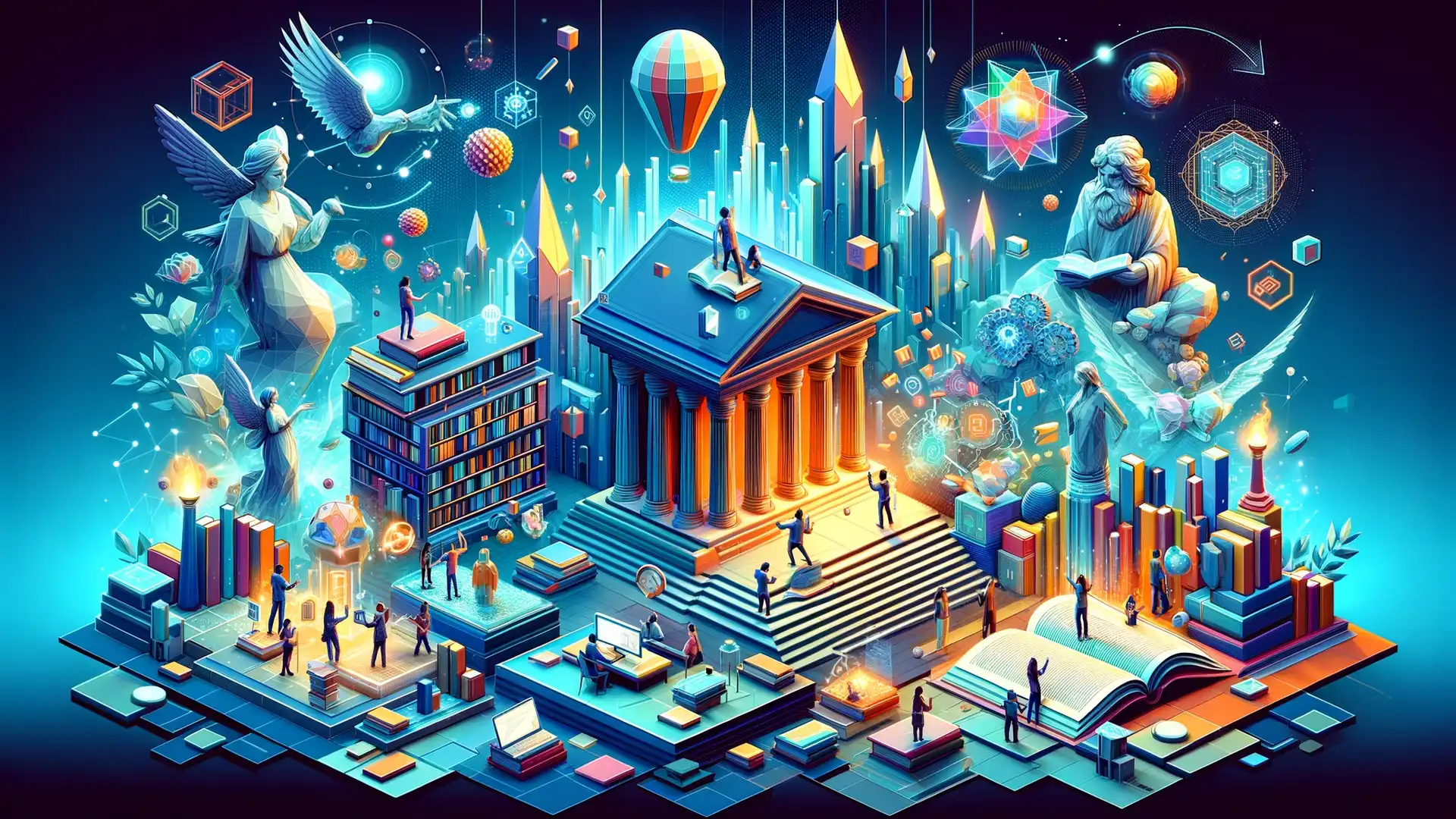
Intellectual Property in Action: Case Studies and Future Trends in NFT Credentials
As we venture deeper into the digital era, the integration of NFTs with intellectual property (IP) rights presents both exciting opportunities and significant challenges. This chapter examines real-world case studies. It demonstrates how NFTs are transforming the management and enforcement of IP rights . The insights offered reveal both the advantages and challenges of this technology merger. Solid foundational insights are provided by legal professionals. To deepen your understanding, explore more at Legal Insights on NFTs .
The discussion kicks off with illustrative examples from the art and music industries. Here, NFTs have been effectively utilized. Artists are using NFTs to maintain control over their digital works. They benefit from the blockchain's ability to authenticate and securely establish ownership. As a digital ledger, blockchain technology meticulously records each transaction associated with an asset. This makes it challenging to manipulate or counterfeit this data .
These case studies not only underscore the empowerment of creators but also delve into complex situations. Here, NFTs have sparked copyright and trademark disputes. These are particularly noted in online marketplaces where IP rights are frequently tested. Noteworthy cases include artists who navigate legal intricacies. These are documented in industry reports and expert analyses.
Additionally, this chapter addresses the enforcement challenges that emerge from the decentralized and often anonymous nature of blockchain transactions. Traditional legal approaches sometimes struggle to keep pace with the rapidity and anonymity of these exchanges. This leads to new enforcement challenges for IP rights.
💡 Note: NFTs empower artists to control how their work is distributed. They enable them to earn royalties from subsequent sales. This innovation is transforming how creators monetarily benefit from their art. Significant effects on monetization and copyright control are highlighted in current academic research and industry practices.
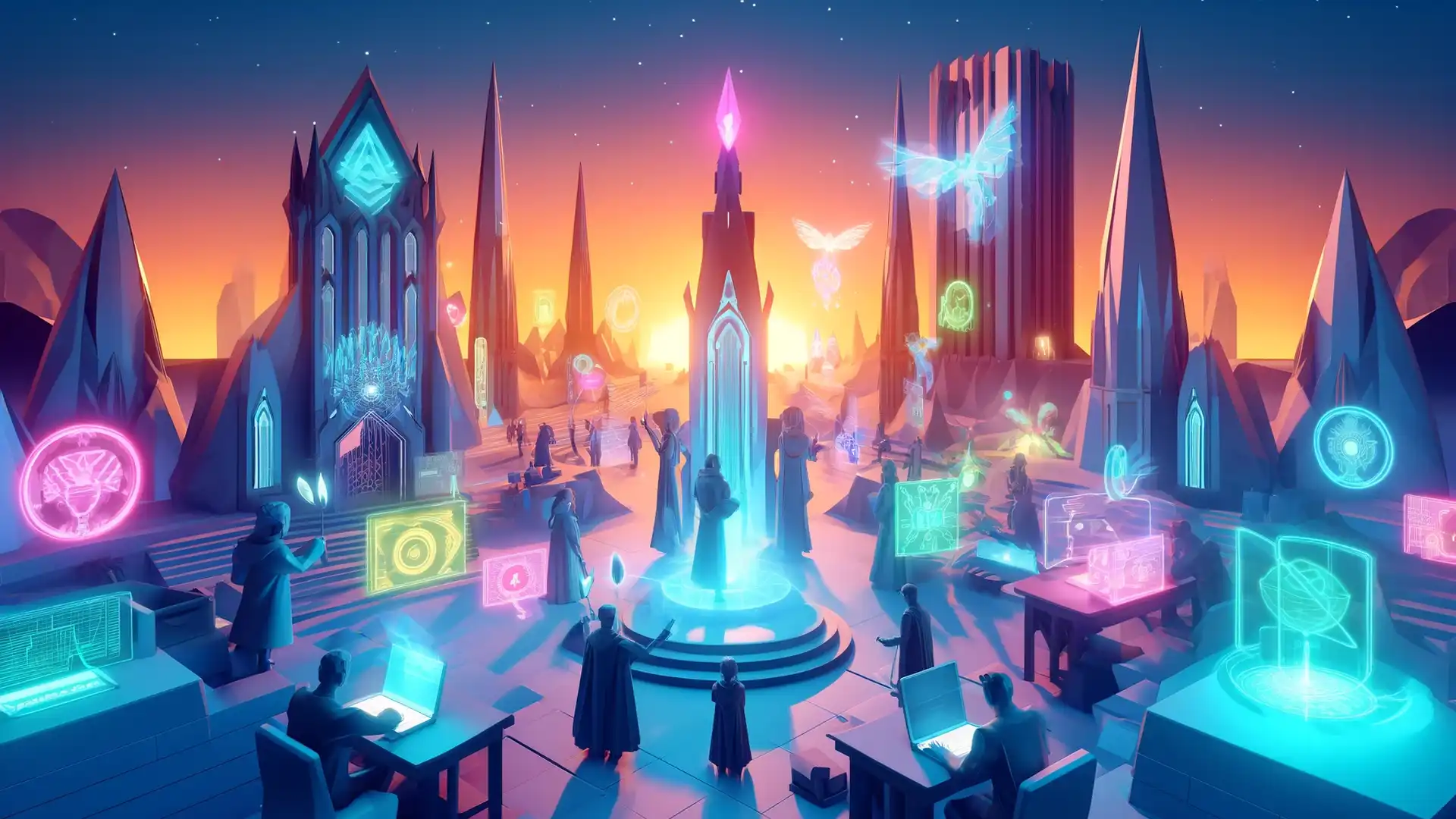
The discussion extends to recent regulatory changes affecting NFT creators and traders. It emphasizes the importance of adhering to diverse international laws. The complexity introduced by these regulations is detailed in recent legislative updates. These are crucial for creators to navigate the legal landscape they operate within.
Looking to the future, the chapter explores potential impacts of AI on NFT creation and management. With AI's ability to automate aspects of NFT creation, questions about authorship and originality in digital art arise. This may necessitate new legal frameworks to address these issues. The potential use of AI to autonomously generate digital artworks challenges conventional notions of creativity and ownership.
The implications of AI on digital art creation are being explored. They are documented through ongoing academic studies and technological predictions.
The chapter also provides practical advice for NFT artists and developers on managing IP rights across various legal jurisdictions. It suggests strategies for effectively leveraging IP protections, such as engaging in licensing agreements. This enhances the value of digital creations. This guidance is crucial for those aiming to safeguard their intellectual assets. They aim to capitalize on digital technology opportunities. Supported by case studies and legal precedents, these strategies offer concrete examples of successful IP management in the digital era.
In conclusion, as NFTs increasingly reshape the intellectual property landscape, stakeholders are encouraged to remain vigilant and proactive. They should adapt to evolving legal and technological conditions. This vigilance is vital for maximizing the benefits of NFTs while minimizing potential risks. The chapter closes by emphasizing the importance of continuous education and collaboration with legal experts in the field. This is essential for staying informed about new legal and technological developments.
💡 Tip: For those engaged with NFTs, seeking advice from IP legal experts specialized in digital and blockchain technologies is crucial. Collaborating with these professionals can effectively aid in navigating the intricate realm of international IP law. This helps to protect digital creations and enforce rights globally. It also unlocks new opportunities through advancements in IP technology.
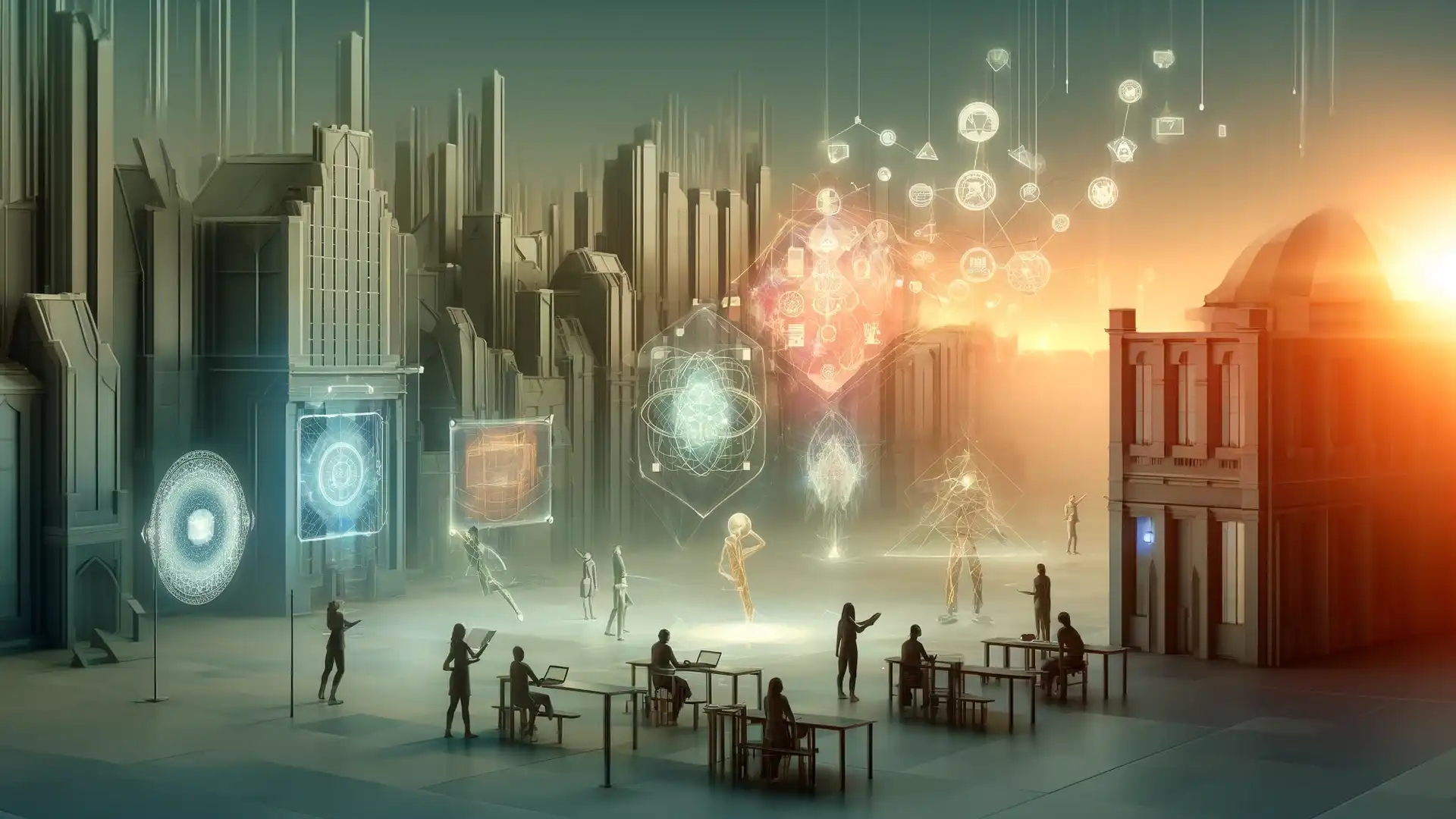
Case Studies: Educational Institutions Using NFT Credentials and Blockchain
Employer Recognition of NFT Credentials: Practical Examples
Opportunities for Students Using Educational NFT Credentials
Blockchain Overview for Creating Educational NFT Credentials
Best Practices for Storing Educational NFT Credentials
